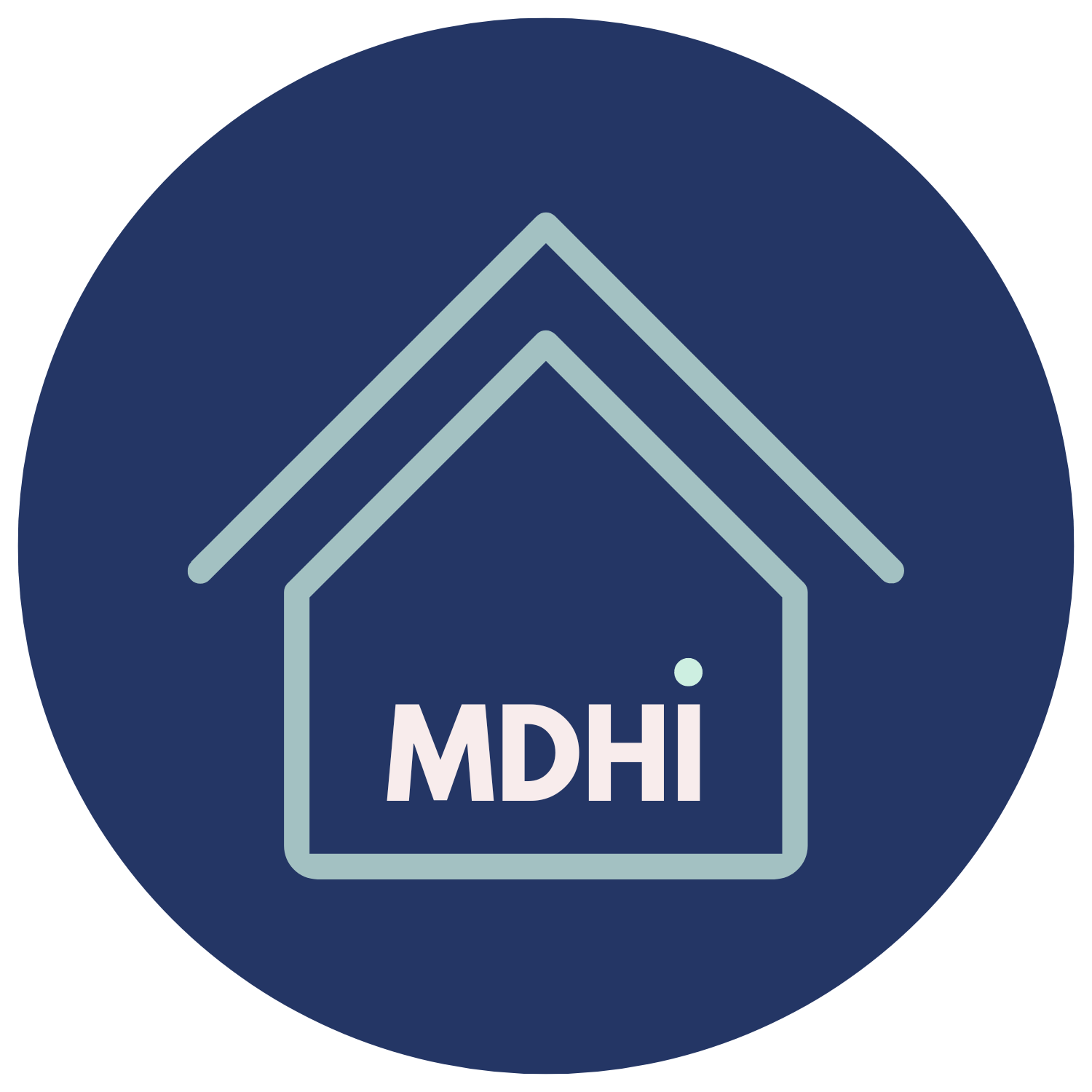PRESS RELEASE: New Report Shows Over 30,000 People Accessing Homelessness Services in Denver Region
FOR IMMEDIATE RELEASE
JANUARY 18, 2014
Layla Elena Said
Communications Specialist
Metro Denver Homeless Initiative
layla.said@mdhi.org | 484-772-0559
Rebecca Mayer
Interim Executive Director
Metro Denver Homeless Initiative
rebecca.mayer@mdhi.org
NEW REPORT SHOWS OVER 30,000 PEOPLE ACCESSING HOMELESSNESS SERVICES IN DENVER REGION
DENVER, COLORADO – January 18, 2024 – The Metro Denver Homeless Initiative (MDHI) released its 2023 State of Homelessness report today, highlighting new data related to homelessness in the region. The report demonstrates the overall issue of homelessness across multiple sources including the region’s Homeless Management Information System (HMIS), the 2023 Point in Time (PIT) count, and the Colorado Department of Education’s McKinney Vento Act.
The HMIS showed 30,409 unique individuals accessed services related to homelessness between July 1, 2022, and June 30, 2023. This data, entered by about 100 partner agencies across the region, shows an annual account of homelessness as compared to the region’s one-night PIT count, which counted 9,065 individuals on January 30, 2023. Additionally, the report shared that 7,217 people stayed outdoors at some point during the year, compared to 2,763 on the night of the 2023 PIT.
“The Homeless Management Information System is our state’s most comprehensive database on homelessness and housing instability,” said Rebecca Mayer, Interim Executive Director of MDHI. “When we use data collected throughout the year to measure the scope of this crisis, we can more effectively plan an equitable system response that is geared toward ending homelessness,” she added.
One significant disparity that has remained consistent across data sources over time is the overrepresentation of Black, Indigenous, and People of Color experiencing homelessness. While Black or African people represent only 6% of the general population, they make up over 22% of the homeless population. This overrepresentation persists for American Indian/Alaska Native (3.6X), multiracial (1.6X), and Native Hawaiian/Pacific Islander (5.0X) people experiencing homelessness.
HMIS data also show that the overwhelming majority of people (94%) are not choosing to experience homelessness, nor are they moving to Colorado and becoming homeless (88%). The top factors contributing to homelessness continue to be relationship and family breakups, as well as economic instability due to rising rents, inflation, and low wages. One member of our Young Adult Leadership Committee added, “I hope others read these stories and see that being homeless doesn't make you less of a person. It's a tough reality, but we're stronger for having lived through it.”
Highlighted in this report is the progress our region has made to know every veteran experiencing homelessness by name, month over month. In 2023, our region’s coordinated efforts in partnership with the Department of Veterans Affairs, Community Solutions, the Department of Local Affairs, and community partners across the region led to a 16% reduction in veteran homelessness. Our goal is to reach functional zero - a measurable state where homelessness is rare, brief, and nonrecurring.
Sofia Vigil, Regional Coordination Lead, added, "The remarkable reduction in the number of Veterans actively experiencing homelessness across the region stands as a testament to the transformative power of collaboration and coordination. Recognizing that approximately 50% of Veterans currently on the By-Name-List are over the age of 55, it is fundamental to acknowledge and address age-related factors in homelessness as we strive towards achieving and sustaining functional zero."
To access a full copy of the report, please visit mdhi.org/soh-2023.
MDHI is the Metro Denver Continuum of Care, the regional system that coordinates services and housing for people experiencing homelessness. This includes prevention/diversion, street outreach, emergency shelter, transitional housing, rapid rehousing, and permanent supportive housing. MDHI works closely with each county in its continuum (Adams, Arapahoe, Boulder, Broomfield, Denver, Douglas, and Jefferson) to build a homeless crisis response system that gets people back into housing as quickly as possible. Learn more at mdhi.org.

